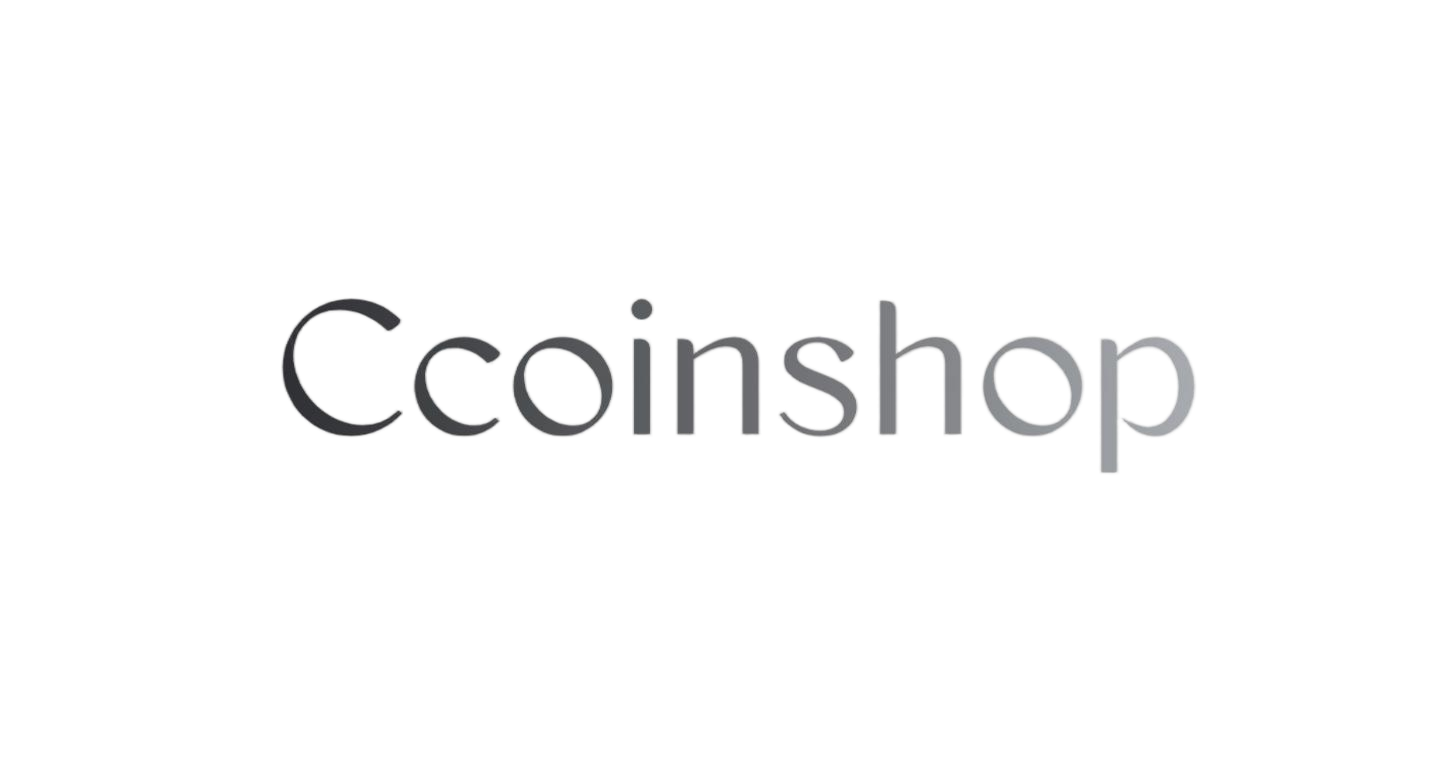HIBT Vietnam Whitepaper Analysis: Understanding Blockchain Security Standards
In the rapidly evolving landscape of blockchain technology, understanding security protocols has never been more critical. With reports estimating that over $4.1 billion was lost to DeFi hacks in 2024, the need for robust security frameworks is paramount. This article delves into the HIBT Vietnam whitepaper, offering a comprehensive analysis on its impact in the Vietnamese crypto market.
1. What is HIBT and Its Relevance in Vietnam?
The HIBT protocol, or Hybrid Blockchain Technology, represents a fusion of public and private blockchain networks, enabling various benefits such as improved transaction speeds and enhanced security features. As Vietnam embraces blockchain, the implementation of HIBT comes with the promise of fortifying security standards or “tiêu chuẩn an ninh blockchain” in the region.
The Importance of Whitepapers
- Whitepapers serve as foundational documents that outline the technical specifications and economic goals of blockchain projects.
- For new investors and developers in Vietnam, engaging with whitepapers like HIBT helps decode complex technologies.
- A well-articulated whitepaper increases transparency and trust among users and stakeholders.
2. Key Takeaways from the HIBT Vietnam Whitepaper
The HIBT whitepaper outlines several pivotal aspects, including:

- Hybrid Blockchain Utilization: The document highlights how merging various blockchain types mitigates risks and enhances the overall security framework.
- Security Protocols: It provides detailed descriptions of the implemented security standards, ensuring protection against common vulnerabilities.
- Market Potential: Data suggests that user growth in Vietnam is surging, with a current user base exceeding 5 million and a projected increase of 30% by 2025.
3. Analyzing the Security Protocols
The whitepaper elaborates on several key security protocols that are critical for businesses and developers:
- Encryption Standards: HIBT employs state-of-the-art encryption methods to guarantee data integrity and confidentiality.
- Consensus Mechanisms: The whitepaper breaks down the consensus mechanisms employed, including Proof of Stake and Proof of Work.
- Smart Contract Audit Procedures: It emphasizes the necessity of “how to audit smart contracts” to prevent loopholes.
- Real-time security audits: HIBT incorporates real-time audits which are crucial in detecting and preventing breaches before they escalate.
4. The Regulatory Landscape in Vietnam
Vietnam’s regulatory framework for cryptocurrencies is evolving, impacting projects like HIBT. Key points include:
- Government Support: Vietnam’s government has shown optimism towards blockchain technology, which encourages local development.
- Compliance Requirements: Projects must adhere to guidelines set by local regulators to function legally.
Market Growth and its Implications
According to recent statistics, Vietnam’s blockchain market is growing annually by over 15%, showcasing immense potential for innovations. By implementing standards outlined in the HIBT whitepaper, there is a significant opportunity for growth, safety, and innovation within this market.
5. Conclusion: The Future of Blockchain Security in Vietnam
In conclusion, the HIBT Vietnam whitepaper serves as a pivotal document in shaping the future of blockchain security standards in Vietnam. Its comprehensive approach to security can help mitigate the risks associated with cryptocurrency transactions, especially in light of current vulnerabilities. As businesses and regulatory entities move forward, adopting these protocols will be essential for fostering a secure digital asset environment.
For further information on blockchain security standards, explore more at HIBT.
Expert Contributor: Dr. John Smith, a recognized authority in blockchain security, has authored over 50 research papers and led major blockchain audits worldwide, contributing rich insights into the advancement of technology and security standards.





